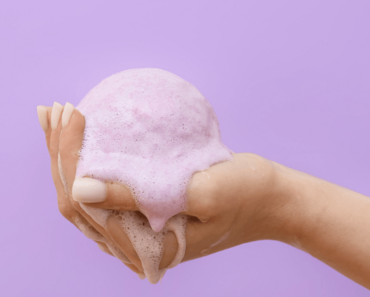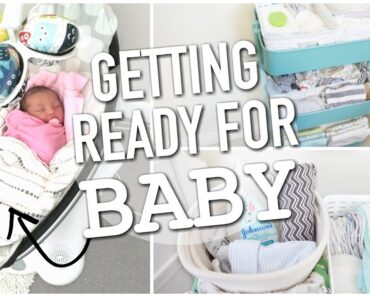A dip in the pool is a great way to sneak some exercise in and beat the summer heat. However, pregnant women may have unique questions and concerns about swimming in chlorinated water, particularly if disinfectant by-products used to keep the water clean can cause direct harm to the fetus.
Fortunately, the amount of chlorine used in pool water is safe and poses fewer risks than other bodies of water. However, there are several factors to consider when swimming, including pool temperature, safe chlorine levels, and post-swim care.
To safely swim in a chlorinated pool while pregnant, we answer all your burning questions below:
Can pregnant women swim in a chlorine pool?
“Swimming is a great form of exercise and can be very comfortable due to the buoyancy of the water, which can relieve some of the strain from the added weight of pregnancy,” she tells Today’s Parent.
Though, while exercise is always a good thing, it’s important to pay attention to your body as you swim, according to Dr. Tara Brandner DNP, FNP-c, doctorate nurse practitioner and fertility coach.
“Remember to listen to your body and take breaks if needed, staying hydrated and avoiding overheating while enjoying your time in the pool,” she says.
Can chlorine in a pool hurt the baby?
Concerns about chlorine exposure and an increased risk of birth defects are perfectly normal. However, the amount of chlorine in a pool is unlikely to cause direct harm to a fetus, says Dr. Brandner. However, you should still ensure that you swim in pool water with a balanced chlorine level, as prolonged exposure to levels of chlorine that are too high can cause discomfort or irritation.
While chlorine is usually harmless, some women may be more sensitive to the smell or airborne irritants around chlorine. This is usually nothing to worry about, explains Dr. Brandner. “However, if you experience discomfort or respiratory problems, it’s wise to limit exposure or speak to your doctor for advice,” she adds.
What is the safe temperature for a pregnant woman to swim in a pool?
In addition to the chlorine level, the temperature of the pool is also an important factor for pregnant women. While there’s no defined range, normal pool temperatures, the ideal range from 78 to 82 degrees Fahrenheit, Dr. Patel says.
However, hot tubs are not recommended at any stage of pregnancy. “The American Pregnancy Association advises pregnant women to avoid exposure to hot tubs or pools with temperatures above 102 degrees Fahrenheit because the risk that body temperature increases can be harmful during pregnancy, adds Dr. Patel.
What are the benefits of swimming during pregnancy?
Yes, it is safe to swim during pregnancy as physical activity can be beneficial for both the mother and the baby.
According to the American College of Obstetricians and Gynecologists, swimming is actually a low-impact (rather than high-impact exercise) exercise that’s safe to do throughout all three trimesters because the water supports your weight and helps you avoid strain and injury.
Swimming also helps with common pregnancy issues like swelling and discomfort, says Dr. Patel. “Additionally, it improves circulation, increases muscle tone and strength, and improves overall fitness,” he adds.
Dr. Brandner recommends swimming for at least 30 minutes to an hour, depending on your individual fitness levels. “Exercises such as lap swimming, water aerobics, and prenatal yoga are often recommended and generally safe” she explains. However, if you experience shortness of breath, chest pain, calf pain or swelling, or dizziness while exercising, the ACOG recommends to stop swimming and contact your OB/GYN or primary physician immediately.
According to published literature from the Loma Linda University of Health, you should also avoid swimming if you have certain pre-existing medical conditions or complications during pregnancy such as a broken amniotic sac.
What is the safe level of chlorine in pool water?
Currently, the CDC states that the safe chlorine level in outdoor pools should be between one and three parts per million to prevent the spread of germs in the water. Hot tubs and spas, on the other hand (which are not recommended during pregnancy), should have a value of three parts per million.
However, if you are unsure of the chlorine level in the pool you are swimming in, Dr. Brandner recommends checking with the pool facility for specific chlorine levels.
What aftercare tips should pregnant women keep in mind after swimming in a chlorinated pool?
After a good swim, Dr. Patel finds it important to remove any residual chlorine from your skin and hydrate it, as chlorine can be drying. Moistening the skin with a hydrating moisturizer after a shower can also help combat the drying effects of chlorine,” she tells Today’s Parent.
“You should also drink plenty of fluids and eat a balanced diet to offset the exertion and possible dehydration from swimming.”
However, if you experience skin irritation, a rash, or feel unwell after swimming, Dr. Patel advises seeking medical attention.

































